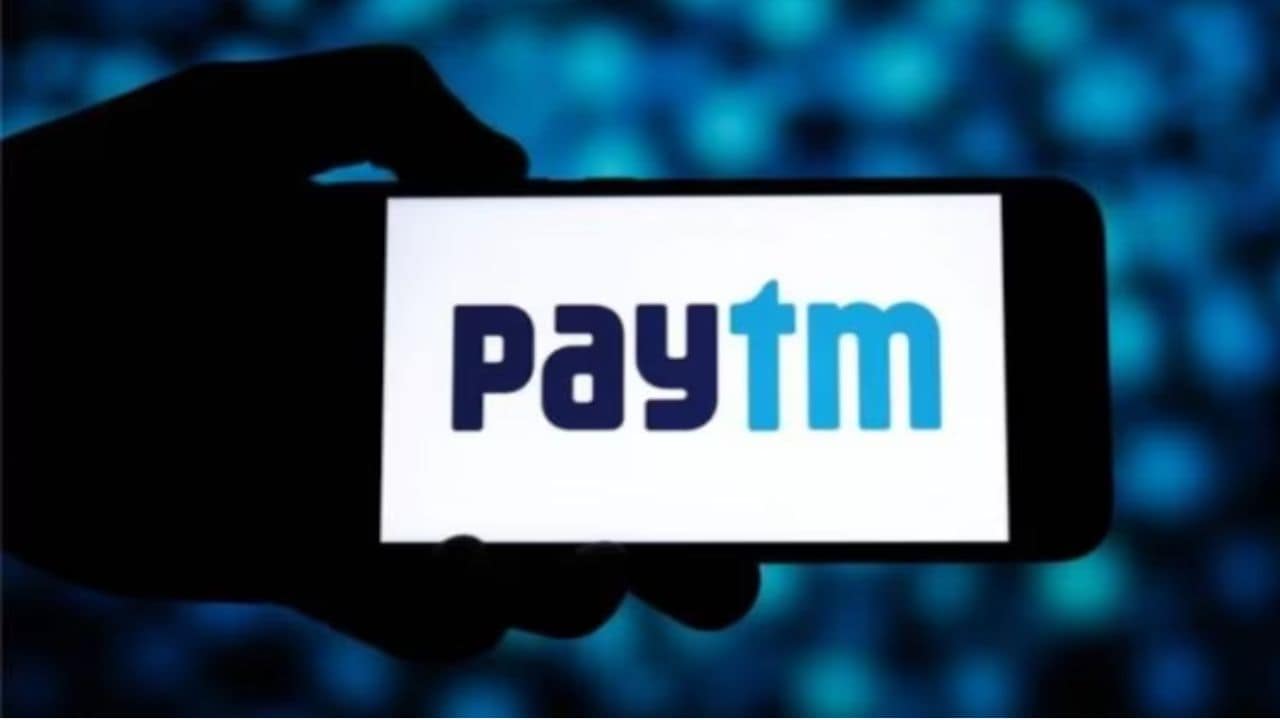Forty-two percent of the local stores and grocery stores who have been relying on Paytm for UPI transactions are going to be switching to another payment app, while another 20 percent are planning to do the same. This study has been conducted by Kirana Club, whose network has over 1.8 million kiranas from across the country.
Last week Paytm Payments Bank, one of the biggest payment apps of India, was ordered by the Reserve Bank of India to stop accepting new deposits and allowing transactions after February 29th, as penalty for non-compliance of rules and supervisory issues.
This comes in spite of Paytm convincing its users that there will be no disruption in the app, even beyond February 29th. But, they did state that users won’t be able to add money to Paytm wallet after that date.
According to the survey conducted by Kirana Club, at least two-thirds of the 69 percent ‘Paytm-using’ kirana stores have lost their trust in the app, ever since RBI declared its ban.
However, they do not believe this situation would impact their business in any way whatsoever.
Anshul Gupta, founder of Kirana Club, a networking platform for kirana owners, mentioned, “Although the regulatory authority’s ban could cause some disruption, kirana stores are relatively unconcerned as there are alternative payment methods available.” He further stated, “According to our recent survey, kiranas nationwide have begun adopting or intend to adopt other payment applications to maintain seamless business operations.”
Out of those retailers who have switched to, or are planning to switch to other apps, atleast half of them are switching to PhonePe, 30 percent of them chose GooglePay, and 10 percent have decided to go for BharatPe. This is according to the data provided by Kirana Club.
In India, kirana shop owners contribute to three-fourths of fast-moving consumer goods (FMCG) sales, and many companies have been striving to expand their direct outreach efforts.
Investors were assured by Paytm last week regarding retention of merchants as well as users. Bhavesh Gupta, president and chief operating officer of the payments platform, emphasized in an analyst call, “We are referring to 40 million merchants currently using UPI acquiring… Many of these merchants also engage in other acquiring activities.” He noted that such a significant migration requires guidance from both the NPCI and RBI, and discussions on this matter have commenced.
Analysts report that out of approximately 12 million mom-and-pop stores in India, only about 0.12%, which is roughly 15,000, are equipped with technology-enabled capabilities. According to Redseer, the number of distinct online transacting users, engaging in services like online banking, mobile top-ups, and in-store payments, is projected to increase from 250-300 million in FY2021 to 700-750 million by FY2026.
Recently, the Confederation of All India Traders (CAIT) issued a warning advisory to traders, advising them to transition away from Paytm to alternative payment methods. They urged traders to make informed choices and mitigate any possible negative impacts on their financial activities.
Read More: Paytm brand value deeply eroded, faces painful road ahead to regain trust, say brand experts
